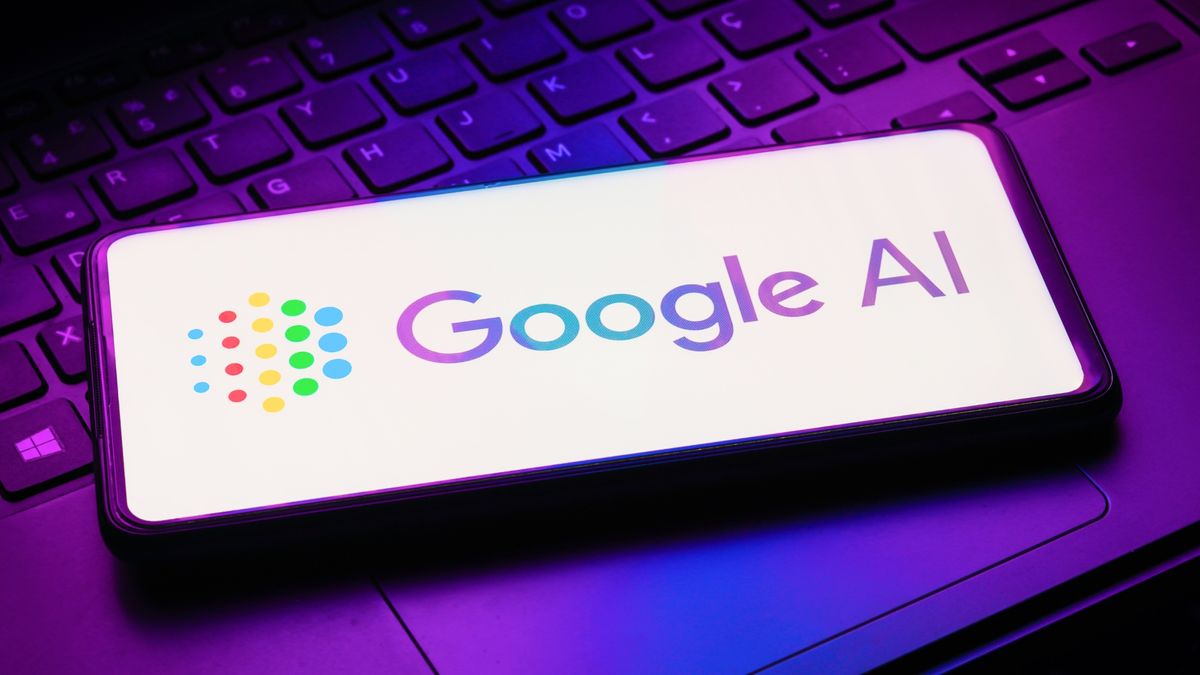The United States presidential election is just two months away, and we’ve already seen AI affect messaging and what kinds of information people are seeing.
In response, Google has said the company is installing safeguards and restrictions on all of its generative AI products, including Gems, image generation in Gemini, Search AI Overview, and YouTube summaries created by AI for Live Chat.
Late in 2023, Google announced an initial project to safeguard Gemini by restricting any queries related to the upcoming election. That blog post announced several other election-related features to help people get authoritative information, including content labels, digital watermarking and polling places on Maps.
According to Google’s latest missive, the company is restricting its AI products by making them unable to respond to election-related queries while acknowledging that AI can make mistakes.
“Particularly for federal and state-wide elections, our users depend on us to provide reliable and up-to-date information on topics like current candidates, voting processes and election results — and this new technology can make mistakes as it learns or as news breaks,” wrote Laurie Richardson, Google’s VP of Trust & Safety.
Disinformation and hacking played a significant part during the 2020 presidential election. And it’s only gotten worse as AI tools have become popular among tech companies in the intervening years.
“Disinformation is a threat to any election but with the rise of artificial intelligence tools, especially those capable of recreating or mimicking human content with near perfect accuracy, it’s more important than ever protections are place in place,” said Tom’s Guide AI editor, Ryan Morrison. “These guardrails are a logical move for Google and ones I suspect every AI labs is replicating to some degree. I also suspect we will see a flurry of next generation AI products after the election, when the risk is less intense.”
In addition to new restrictions, Google Search is also getting a feature to help people find information on registering to vote and aggregated resources from state election offices. YouTube, meanwhile, is gaining some features to help watchers find “credible information” about candidates and their parties. The video platform will also start displaying reminders on where and how to vote.
The company is adding a badge to official apps from government agencies, which will hopefully stick around after the election. Most of these features should stay whether or not an election is going on to prevent misinformation on the platforms.

